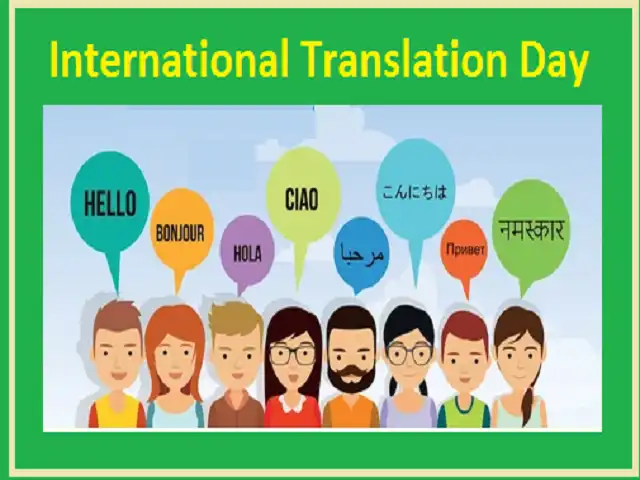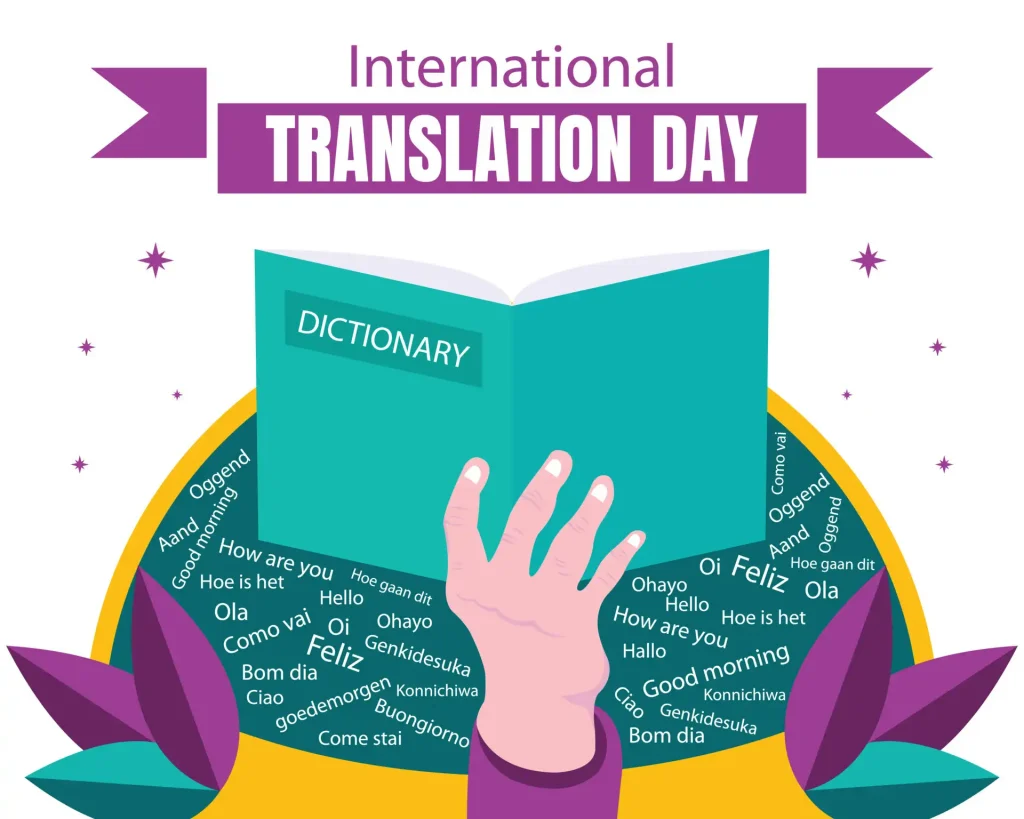On September 30th each year, people worldwide unite in celebration of World Translation Day. This special occasion pays homage to the intricate art and science of translation and the incredible translators who make it all possible. But why is translation so vital, and what makes it worthy of our festivities?
The Tower of Babel: The roots of translation stretch deep into history. According to the Bible, humanity once shared a common tongue. However, during the construction of the Tower of Babel, divine intervention caused confusion, leading to the emergence of diverse languages. Translation became essential for mutual understanding.
Bridging Cultures: In our wonderfully diverse world, thousands of languages are spoken. Translation acts as a vital bridge, connecting these distinct languages and cultures. It enables the exchange of stories, knowledge, and ideas across global boundaries.

Translation Mistake and History: In a twist of historical fate, a translation error in 1954 played a role in global events. When the allied countries demanded Japan’s surrender, Japan’s Prime Minister Kantaro Suzuki’s response was translated as “not worthy of comment” instead of “withholding comment.” This misunderstanding had significant consequences.
Jehova’s Witnesses: Surprisingly, the most translated website globally belongs to Jehova’s Witnesses. They have translated their content into over 900 languages, showcasing their commitment to spreading their faith worldwide.
Most Translated Authors: UNESCO’s “Index Translationum” reveals that the three most translated authors worldwide are Agatha Christie, Jules Verne, and William Shakespeare.
Most Translated Books: While the Bible holds the record for the most translated book, in the realm of fiction, “The Little Prince” by Antoine de Saint-Exupéry leads the way, followed closely by “The Adventures of Pinocchio” by Carlo Collodi.

The Challenge of “Set”: Interestingly, the English word “set” is considered one of the most challenging words to translate. Its numerous meanings and connotations in various contexts make it a true linguistic puzzle.
Early Machine Translation: The roots of machine translation, like Google Translates predecessor, reach back to 1954. IBM and Georgetown University made history by publicly translating 250 words from Russian to English using the IBM 701 computer.
World Translation Day serves as a powerful reminder of the immense power of words and the indispensable role of translators in linking the languages and cultures of our world.





